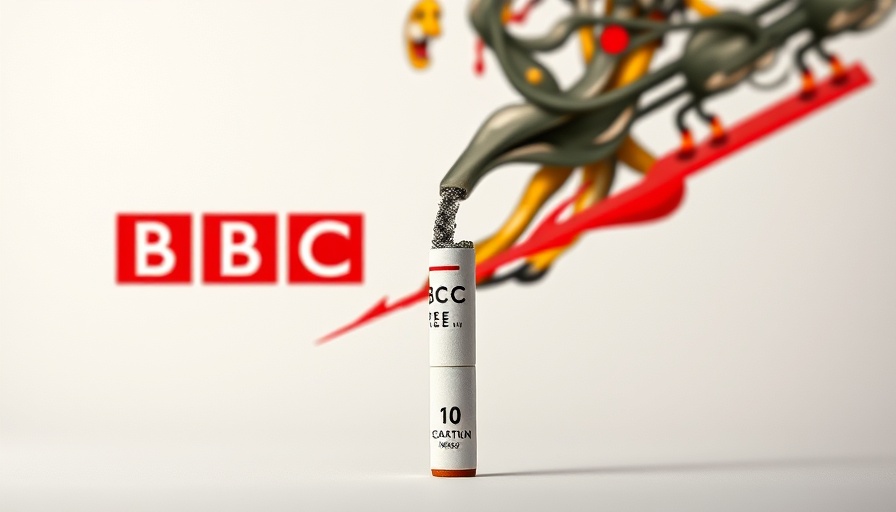
Illegal cigarette sales expose serious public health issues
The visible decline of high streets in the UK isn't just a retail story. The growing trade of illegal cigarettes is indicative of much deeper systemic problems that plague communities in Leicestershire and beyond. It paints a picture of a society grappling with economic hardship and public health failures.
The rise of a shadow market
Just look around and you’ll see it—all too often. Shady deals happening under your nose, stubborn defiance of the law right in the heart of our neighborhoods. Illegal cigarettes are well within reach for those who care little about health warnings or the law. These illicit products compromise not just the integrity of our marketplaces but also pose significant health risks to individuals and families.
Why is this happening?
The reasons are multifaceted. Economic hardship has pushed many people toward cheaper alternatives. Who wouldn’t want a low-cost option in times of financial strain? But the real question isn't just about cost; it’s about the message this sends about our community's priorities. Supporting criminal networks for cheap cigarettes isn’t a solution; it’s a symptom of something much worse.
Health implications associated with illegal tobacco
These products are often unregulated and unsafe. They can contain an unhealthy cocktail of chemicals that legal cigarettes do not, increasing the risks of health complications significantly. The presence of harmful substances not only endangers smokers but also those exposed to secondhand smoke. It's a cycle of health neglect that must be stopped.
Local government’s role in curtailing this crisis
It’s imperative for local governments to step up their game. Fines and punitive measures are just a band-aid solution to a much greater problem. We need targeted education campaigns that inform people of the dangers of illegal cigarette use. Increased funding for health services would facilitate outreach efforts that emphasize prevention and cessation support, not just for the addicts but for their families too.
Engaging communities for a healthier future
Breaking this cycle requires collaboration between law enforcement, public health officials, and community leaders. Engaging local voices in this endeavor not only helps identify the scale of illegal sales but also galvanizes a cultural shift towards valuing public health. People can't be passive; they must be active participants in their own well-being. Education is critical here. People need to know the risks associated with illegal cigarettes, and this starts with fostering a culture of transparency and health awareness.
Future challenges: daunting but necessary
Rooting out the trade of illegal cigarettes won’t be easy. As demand ebbs and flows, so too will the strategies employed by those looking to profit from the situation. The reality is, without a communal effort—commitment from the grassroots to local authorities—we’ll simply chase a mirage.
Taking action: why it matters
Taking a stand against illegal cigarette sales is not just about tobacco regulation; it’s about protecting the fabric of our communities. If we let this disease spread and fester, we compromise our future. Let’s pool our resources, activate our networks, and make the case loud and clear. Now is the time to act: prioritize health, ensure your neighbors understand the risks, and report suspicious activities. A healthy Leicestershire is not just a dream; it's an achievable reality.
 Add Row
Add Row  Add
Add 




Write A Comment